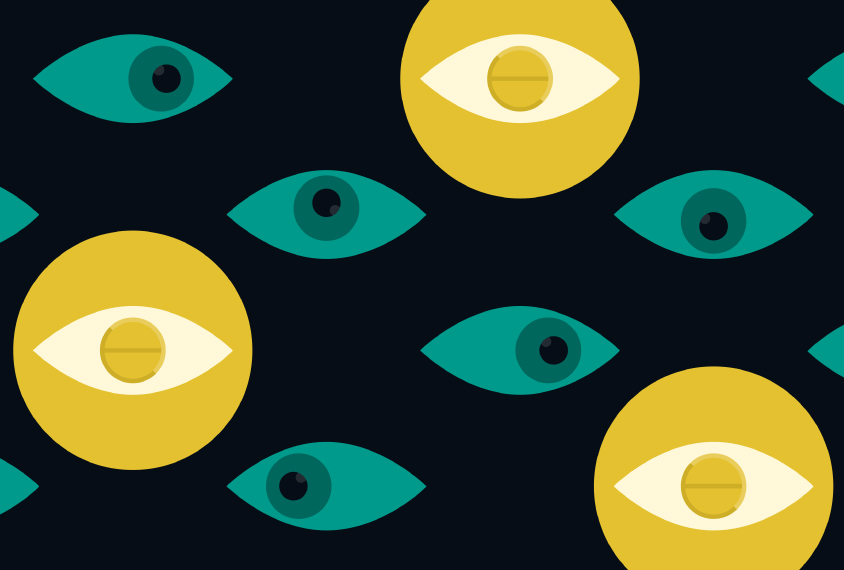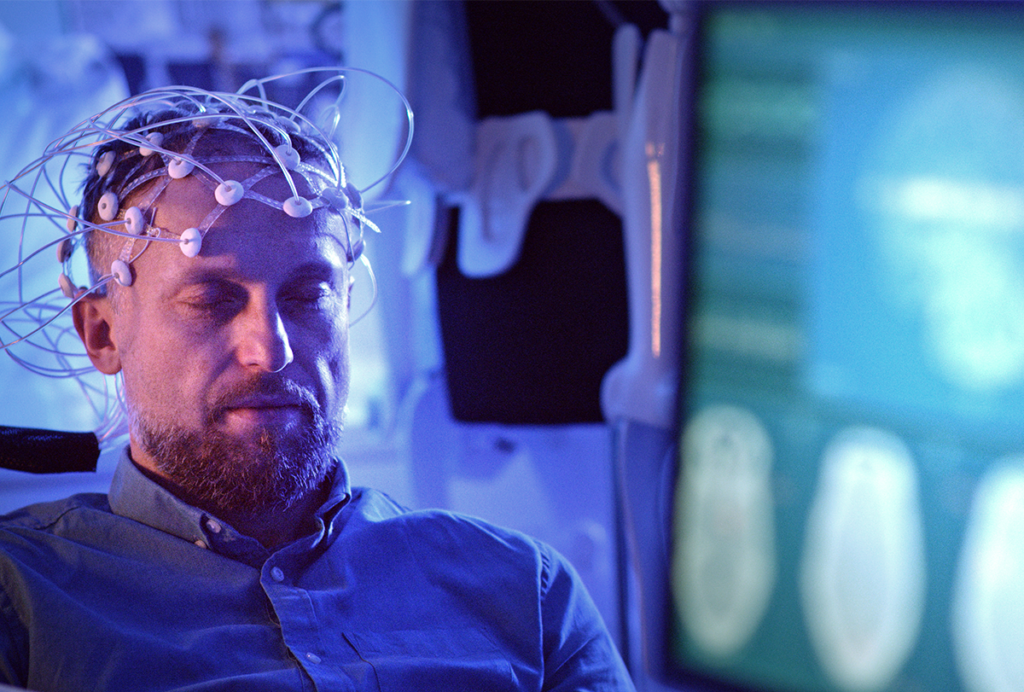Elizabeth Berry-Kravis is professor of child neurology at Rush University Medical Center in Chicago.
Elizabeth Berry-Kravis
Professor
Rush University Medical Center
From this contributor
Analysis offers new hope for failed fragile X drug
Eye tracking shows that mavoglurant, a once-abandoned experimental drug for fragile X syndrome, enters the brain and boosts social interest, says Elizabeth Berry-Kravis.

Analysis offers new hope for failed fragile X drug
Questions for Elizabeth Berry-Kravis: Dodging mouse traps
A mouse model of fragile X syndrome lacks a key feature of the condition, prompting researchers to look for other ways to test treatments.

Questions for Elizabeth Berry-Kravis: Dodging mouse traps
Questions for Elizabeth Berry-Kravis: Measuring drug effects
Drugs designed to treat fragile X syndrome have yet to show substantial benefits in people. But rather than abandon them, child neurologist Elizabeth Berry-Kravis suggests a new way to measure their effectiveness.

Questions for Elizabeth Berry-Kravis: Measuring drug effects
Explore more from The Transmitter
Noninvasive technologies can map and target human brain with unprecedented precision
But to fully grasp the tools’ potential, we need to better understand how electric and magnetic fields interact with the brain.

Noninvasive technologies can map and target human brain with unprecedented precision
But to fully grasp the tools’ potential, we need to better understand how electric and magnetic fields interact with the brain.
During decision-making, brain shows multiple distinct subtypes of activity
Person-to-person variability in brain activity might represent meaningful differences in cognitive processes, rather than random noise.

During decision-making, brain shows multiple distinct subtypes of activity
Person-to-person variability in brain activity might represent meaningful differences in cognitive processes, rather than random noise.
Basic pain research ‘is not working’: Q&A with Steven Prescott and Stéphanie Ratté
Prescott and Ratté critique the clinical relevance of preclinical studies in the field and highlight areas for improvement.

Basic pain research ‘is not working’: Q&A with Steven Prescott and Stéphanie Ratté
Prescott and Ratté critique the clinical relevance of preclinical studies in the field and highlight areas for improvement.